Are you considering bringing a feathered friend into your home? Pet birds are a trendy choice for many, offering companionship, beauty, and lively chatter. But before you decide, it’s essential to understand the different types of pet birds available and their specific care needs.
1. Budgies (Parakeets)
Diet:
Budgies thrive on a balanced diet of high-quality pellets, seeds, fresh fruits, and vegetables. Avoid giving them avocado, chocolate, or caffeine, as these can be toxic.
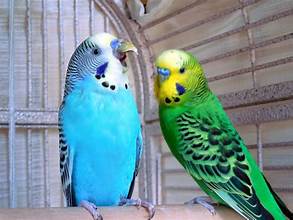
Health Concerns:
Budgies are prone to respiratory issues, obesity, and feather plucking. Vet check-ups and a healthy, balanced diet help prevent these problems.
Habitat:
A spacious cage with horizontal bars for climbing is ideal. Include perches, toys, and a cuttlebone for beak health. Place the cage is placed in a well-lit area but away from drafts.
2. Cockatiels
Diet:
Mixing high-quality pellets, seeds, and fresh produce like leafy greens, carrots, and apples works well. Limit sunflower seeds, as they are high in fat.
Health Concerns:
Cockatiels may suffer from respiratory infections, fatty liver disease, and feather picking. Regular exercise and a varied diet are essential for their well-being.
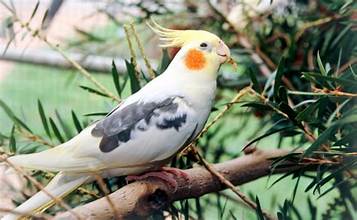
Habitat:
Provide a spacious cage with perches at varying heights. Cockatiels enjoy flying, so a larger cage is preferable. Place the cage in a quiet area to help them feel secure.
3. Grey Parrots
Diet:
African Greys require a diet rich in pellets, nuts, fresh fruits, and vegetables. They also need a lot of calcium, so include calcium-rich foods like broccoli and kale.
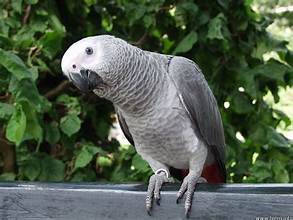
Health Concerns:
Due to stress or boredom, African Greys are susceptible to calcium deficiency, respiratory issues, and feather plucking. Mental stimulation and a calcium-rich diet are crucial.
Habitat:
A large, sturdy cage with plenty of toys and perches is necessary. African Greys are very intelligent and need mental stimulation, so their toys should be rotated regularly.
4. Canaries
Diet:
Canaries thrive on a seed-based diet supplemented with fresh fruits and vegetables. Offer a cuttlebone for calcium and grit to aid digestion.
Health Concerns:
Canaries can suffer from obesity, respiratory issues, and mites. Keep their cage clean and ensure they have space to fly to prevent health problems.
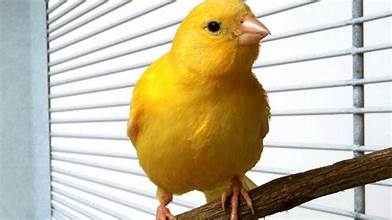
Habitat:
A spacious cage with horizontal bars for perching and flying is ideal. Canaries prefer a quiet environment and need natural sunlight for overall health.
5. Lovebirds
Diet:
Lovebirds enjoy a diet of high-quality pellets, seeds, and fresh fruits and vegetables. They particularly like leafy greens and fruits like apples and oranges.
Health Concerns:
Lovebirds are prone to respiratory infections, feather plucking, and obesity. A healthy, balanced diet and regular vet visits can help maintain their health.
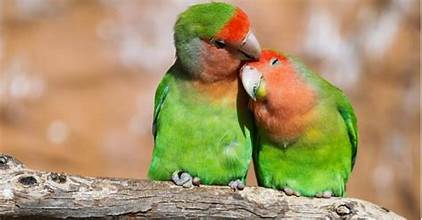
Habitat:
A spacious cage with plenty of toys and perches is essential. Lovebirds are social and often do better in pairs, so consider getting two.
6. Macaws
Diet:
Macaws need a diverse diet of high-quality seeds, nuts, pellets, and fresh fruits and vegetables. They require a lot of calories, so ensure their diet is varied and nutrient-rich.
Health Concerns:
Macaws can suffer from beak malformation, feather plucking, and obesity. Regular vet check-ups, a varied diet, and ample exercise can prevent these issues.
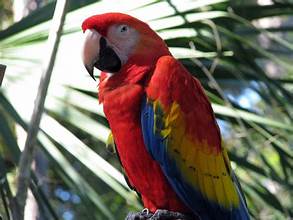
Habitat:
Macaws require a large, sturdy cage with plenty of room to spread their wings. They are active birds and need mental stimulation, so provide them with plenty of toys and perches.
7. Finches
Diet:
Finches do well on a seed-based diet supplemented with fresh fruits and vegetables. They also need a source of calcium, such as a cuttlebone and grit, for digestion.
Health Concerns:
Finches can suffer from respiratory infections and mites. Keeping a clean environment and a balanced diet are crucial to preventing health issues.
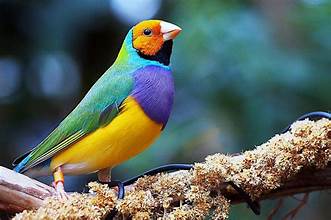
Habitat:
A wide cage with horizontal space is ideal for finches as they prefer to fly rather than climb. Provide them with perches and nesting material to keep them comfortable.
8. Conures
Diet:
Conures thrive on high-quality pellets, seeds, fresh fruits, and vegetables. They enjoy a variety of foods, so keep their diet varied to ensure they receive all necessary nutrients.
Health Concerns:
Conures are prone to feather plucking, respiratory issues, and obesity. Regular exercise, a balanced diet, and mental stimulation are essential for their health.

Habitat:
Conures need a spacious cage with plenty of toys, perches, and climbing opportunities. They are active and social, so ensure they have enough space and interaction.
Conclusion
Choosing the right pet bird involves understanding its unique needs and ensuring you can meet its dietary, health, and habitat requirements. Whether you opt for a small bird like a budgie or a larger parrot like a macaw, providing a nurturing environment is critical to its well-being. Remember to consult with an avian vet for specific care advice and to keep your feathered friend healthy and happy.

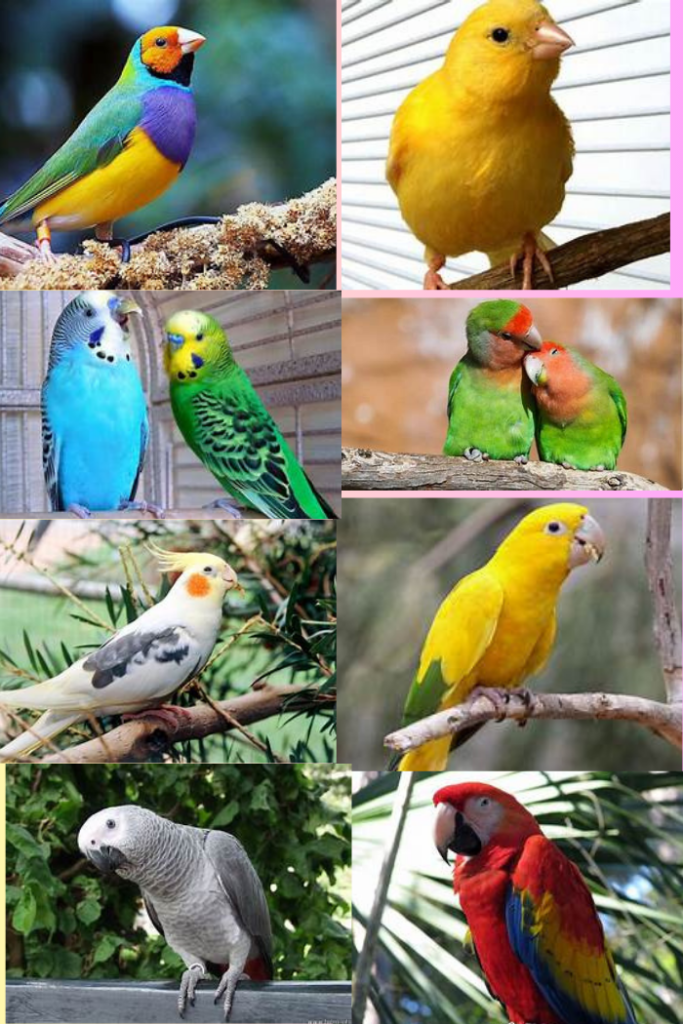
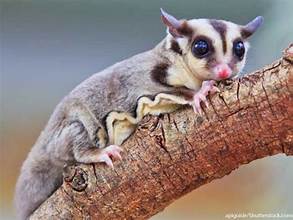
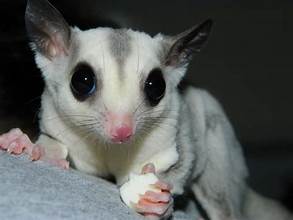

Pingback: How to Train a Parakeet to Talk or Mimic Sounds - Positvley Pets